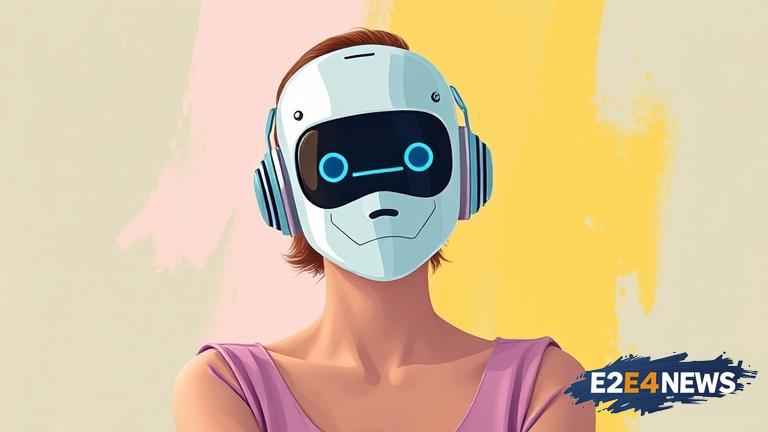In a recent post, Skye Wheatley shared with her followers that she has been struggling with mental health issues and has found an innovative way to get support. The Australian influencer has started using an AI chatbot to help her cope with her struggles. Wheatley explained that she was hesitant to try traditional therapy, but the AI chatbot has provided her with a sense of comfort and anonymity. The chatbot, which uses artificial intelligence to simulate human-like conversations, has been a game-changer for Wheatley. She has been using it to talk through her feelings and emotions, and has found it to be incredibly helpful. Wheatley’s decision to use an AI chatbot for mental health support is a significant one, as it highlights the growing trend of people turning to technology for help with their mental wellbeing. The use of AI chatbots for mental health support is still a relatively new concept, but it has shown promising results. Studies have found that AI chatbots can be effective in reducing symptoms of anxiety and depression, and can provide a sense of support and connection for those who are struggling. Wheatley’s experience with the AI chatbot is a testament to the potential of this technology to make a positive impact on mental health. She has encouraged her followers to consider trying an AI chatbot if they are struggling with their mental health, and has emphasized the importance of seeking help and support. Wheatley’s openness about her mental health struggles and her use of an AI chatbot has sparked a conversation about the role of technology in mental health support. Many of her followers have praised her for her honesty and have shared their own experiences with mental health and technology. The use of AI chatbots for mental health support is not without its limitations, however. Some experts have raised concerns about the potential risks of relying on technology for mental health support, and have emphasized the importance of human connection and traditional therapy. Despite these limitations, Wheatley’s experience with the AI chatbot is a positive one, and highlights the potential of this technology to make a difference in people’s lives. As the conversation around mental health and technology continues to evolve, it will be interesting to see how AI chatbots are used to support mental wellbeing in the future. Wheatley’s story is a reminder that there is no one-size-fits-all approach to mental health support, and that technology can be a valuable tool in the journey towards recovery. With the rise of social media and the increasing awareness of mental health issues, it is likely that we will see more people turning to technology for support in the future. Wheatley’s decision to use an AI chatbot is a brave one, and her openness about her mental health struggles is helping to break down the stigma surrounding mental illness.
